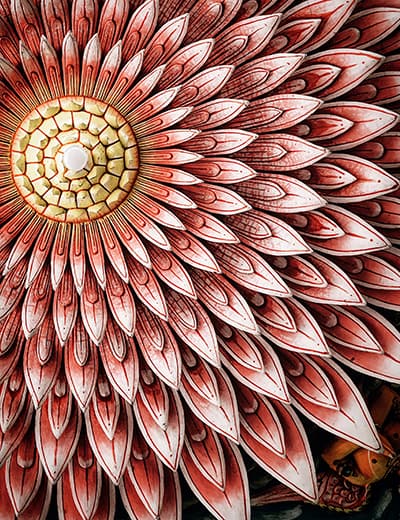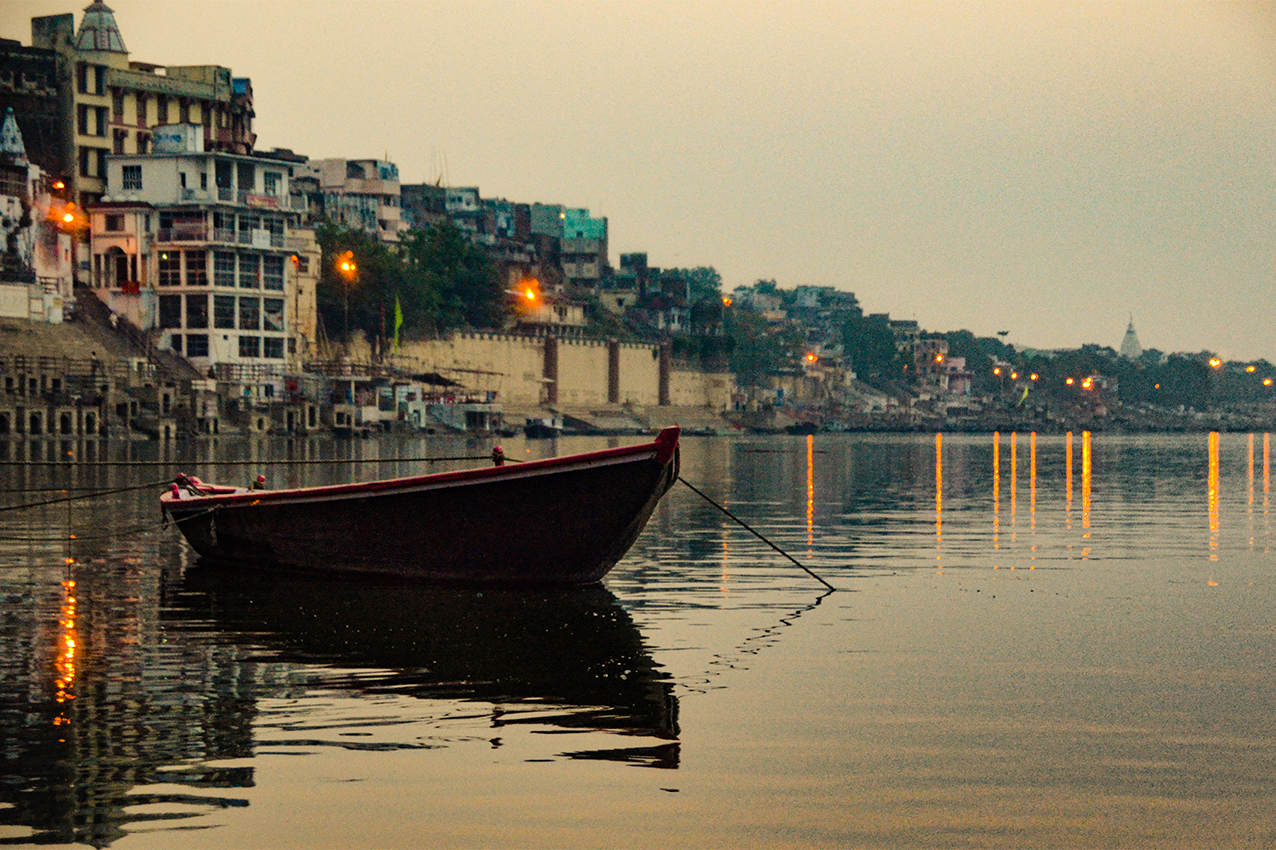
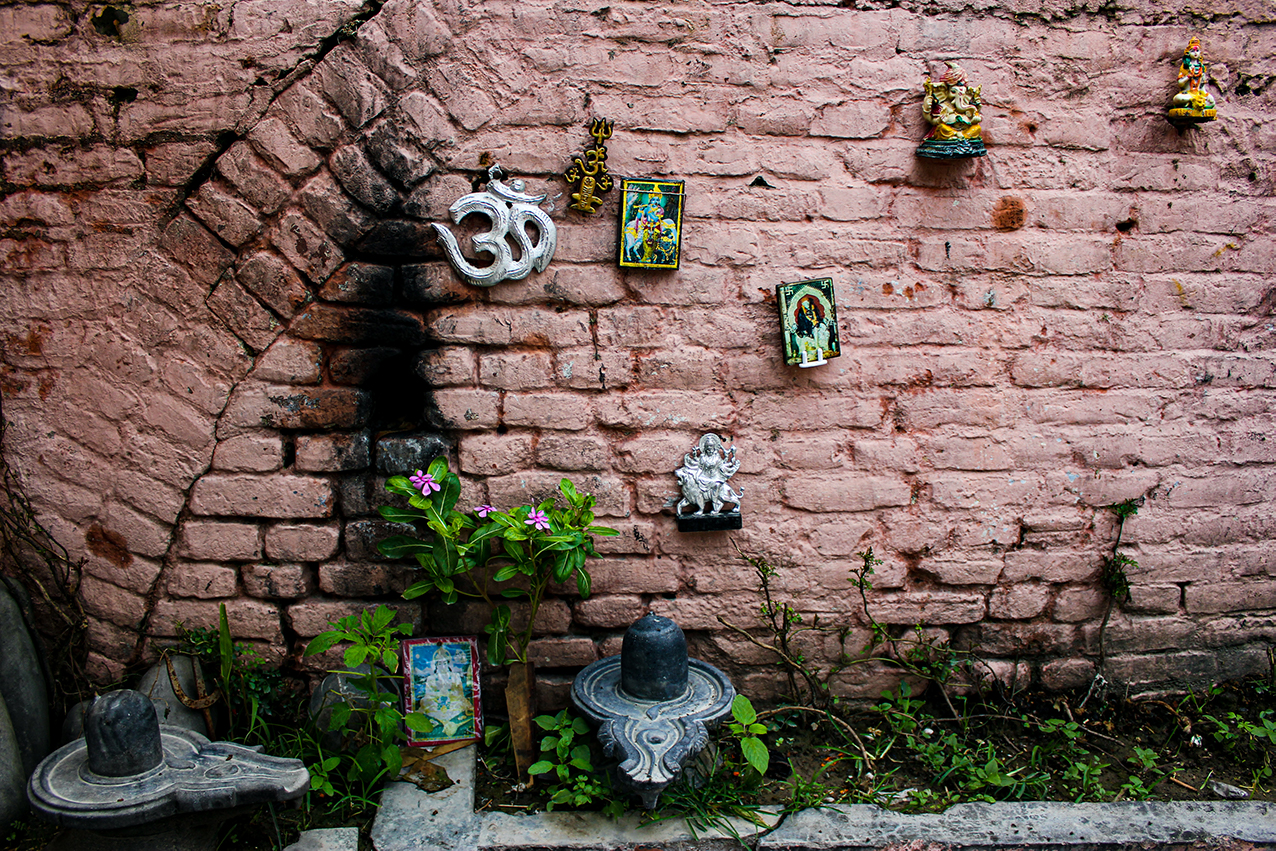
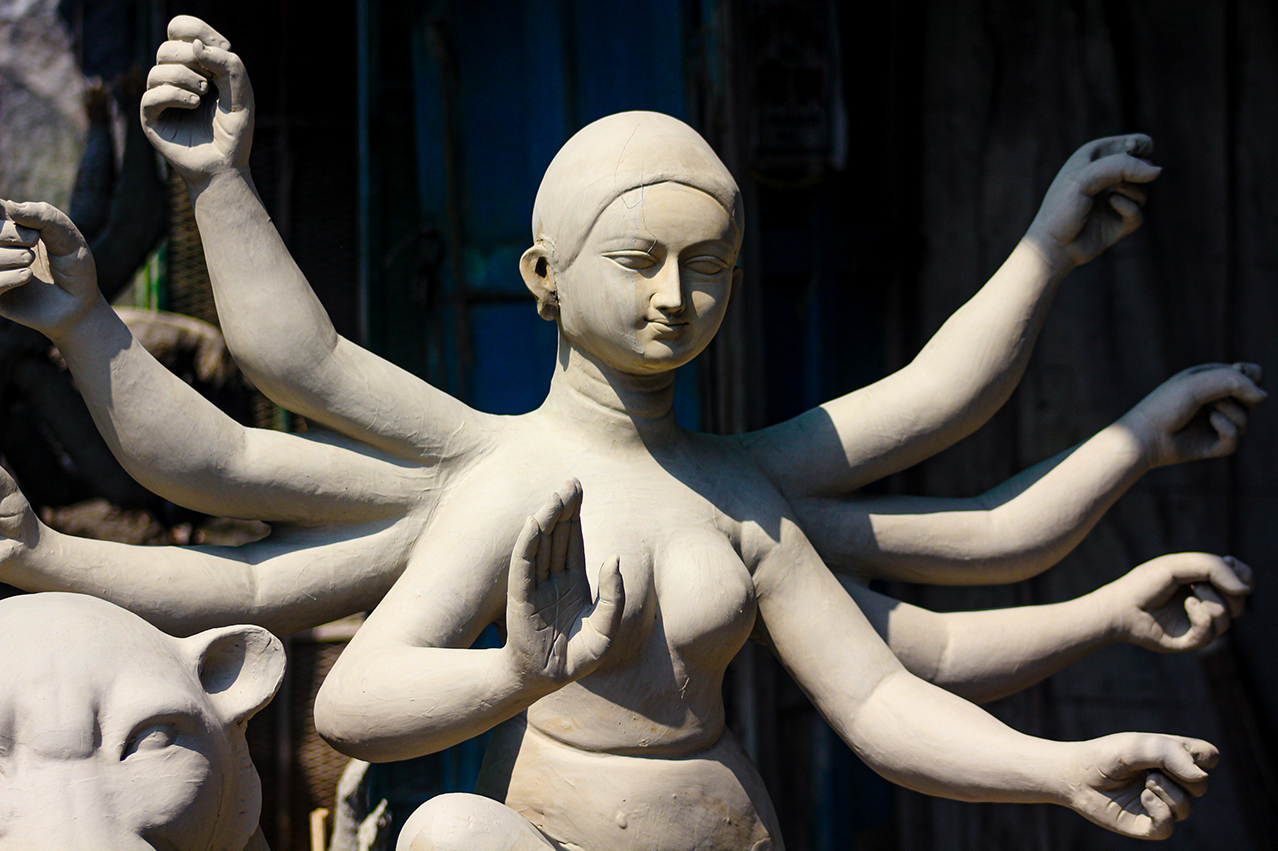
Photos by the Indian Travel Craftsman
The waves of a wild river leap and rage against the banks. The sharp ringing of a temple bell pierces the air of incense and thick smoke. Secrets of marination, held close for centuries, melt away in the mouth. On a wind-swept ghat, a priest skims through the pages of sacrosanct family registers. A masterful stroke completes the kohl that outlines a goddess' eye, and an ancestral home conjures the stories from a seminal poet's life.
Ganga is one of the major rivers in India which descends from the mighty Himalaya into the Northern Plains. With Delhi as a touchpoint, this journey begins by tracing the course of the holy river along the foothills of the Himalaya, in Rishikesh and Haridwar. Descending onto the plains in Lucknow, we follow the Ganges as it meanders into Allahabad, the city of a sacred confluence and Varanasi, the holy town of Lord Shiva and a consuming spiritual flight. This journey concludes at the first colonial capital of India and the largest city on the banks of the Ganges, Kolkata.
Hailed as the capital city for more than a century, Delhi remains to be the seat of political power for modern-day India. Protected by forts and ramparts, the walled old city swells with stories of a wealthy past. The metropolis of New Delhi continues to develop exponentially retaining within it the charms of the olden days. The pink sun rises over the royal Mughal gardens and lights up the dewy sandstone forts and monuments from its various pasts.
Eventually, to be met with the Yamuna down the plains, the holy Ganges descends from the lofty Himalaya and courses into Haridwar and Rishikesh, offering an immersion into the ancient art of meditation and yoga. Brought into the limelight with the arrival of the Beatles, this spiritual centre is filled with devotees, travellers, and locals meditating by the riverbanks. Also called the Yoga Capital of the World, the people of this land have mirrored their ancestors who once recited chants at the prayer service for the river in a spectacular ritual called the Ganga Aarti and performed ablutions in the flowing river water.
Moving deeper into the plains, Lucknow greets a tributary of the Holy Ganges with its quintessential charm. The capital city of the empire of the Nawabs of Awadh, its contribution to the fields of literature, poetry, music and dance is unparalleled. Lucknow’s real charm lies not only in its monuments of Indo-Islamic architecture but also in the Tehzeeb-o-Saqafat or culture and sophistication of its people.
Further south in Allahabad, the sacred river of Yamuna, personified in Yami as the goddess of life, merges with the Ganges and the mythical Saraswati to form a holy confluence of absolution. In its cluster of Hindu temples along the confluence, attended to by learned priests and flocked with devotees, the city endures as a site of Hindu pilgrimage. In a smattering of exquisite Indo-Islamic heritage, the city prevails as a Mughal emperors' abode of the gods.
Changing course to head eastward, the holy river meanders to a city that has seen men, kingdoms and gods pass by. One of Hinduism’s seven holy cities, and an important Buddhist centre, Varanasi was once a fertile land of philosophy, theosophy, medicine and learning. The remnants still linger in its narrow lanes and slippery ghats, inhabited by locals, devotees, sadhus, aghoris and travellers who visit the city looking for salvation and peace.
Further on, the holy river debouches into the plains of Bengal. Its capital Kolkata, formerly known as Calcutta, is the largest city on the banks of River Ganges. The river is called the Hooghly here. Kolkata is the centre of Bengali culture and is the cultural and educational hub of Eastern India. Besides a glorious view of the Victoria Memorial, one of the many remnants of Kolkata’s colonial past, the St. Paul’s Cathedral stands as an excellent tribute to the ‘British Calcutta’ before it wisps into the cultural rituals of the Far East.
-
Cities
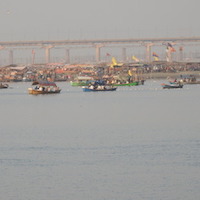
Allahabad
One of the oldest cities in India, Allahabad is a centre of holy significance, hosting some of the largest gatherings of pilgrims in its hallowed lanes. Ancient India knew it as Prayag, ‘the place of offering’ at the confluence of the Ganga, Yamuna, and Sarasvati rivers, while Akbar of the Mughal dynasty established the city of Ilahabas, ‘the city of God’, the forerunner of Allahabad today.
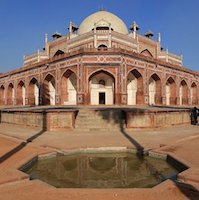
Delhi
Delhi is an enchanting medley of influences, one foot deeply grounded in time-revered traditions, whilst the other steps forth confidently into the future. The country's capital is a labyrinth of old structures speckling the suburbs juxtaposed with concrete blocks and crowded avenues. It is one of India's multifaceted cities, embracing diversity, while simultaneously offering the traveller historic masterpieces and a taste of contemporary India.
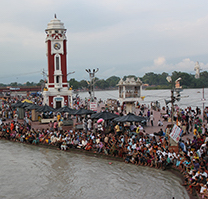
Haridwar
Haridwar is considered one of India's most sacred city's and the center of Hindu religion and mysticism. Situated on the banks of the Ganga, it is considered to be one of Hinduism's seven holy cities. Haridwar translates directly into the "Gateway of God", and is one of the most popular places of pilgrimage in all of India. Every year millions of Indians come tho this city to bathe in the Ganga and have their sins washed away.
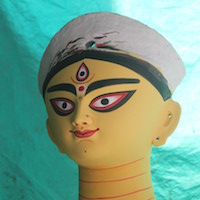
Kolkata
The imperial capital of the Raj, Kolkata paints a portrait of plenty with its plethora of historical buildings, interesting museums, lively bars and restaurants, reverberating with the vibrant nature of the city. Whether it’s the delectable Bengali cuisine, the selection of literature and the arts, the vestiges of the Colonial Era, or the widely-celebrated Durga Puja, Kolkata is not known as the ‘City of Joy’ for no reason.
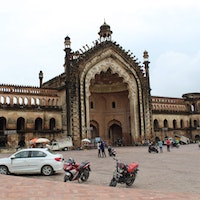
Lucknow
The city of Nawabs, Lucknow is the sister of Delhi in terms of its abundant Islamic heritage with its delectable cuisine and meticulous embroidery traditions. An important centre of learning and culture in the days of old, Lucknow continues to be steeped in its rich and refined traditions, offering to its inhabitants and visitors some of the best experiences in art, cuisine, and ethos.
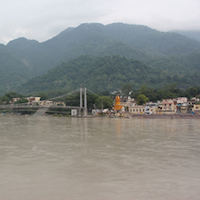
Rishikesh
Rishikesh is an important Hindu pilgrimage centre and finds mention in the epics. This is where the smaller streams all flow out of the mountains to converge into the mighty river Ganges. The rapids of the river leaving the mountains make for some of the most sought after rafting destinations in India. The famous Ram Jhula and Lakshman Jhula, two suspension bridges across the river, offer spectacular views of the Shivalik Mountains that surround the town.
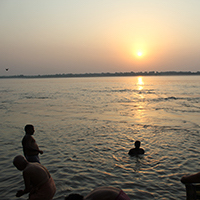
Varanasi
Benaras or Varanasi is one of the oldest continually inhabited cities of the world, finding mention even in Hindu mythology, a site of holy pilgrimage against the backdrop of the Ganges. Illustrious with the light of a thousand devotees, Benaras is intricately tied to Hinduism, Jainism, and Buddhism, resulting in the existence of hundreds of temples along the banks of the river.
-
HOSPITALITY
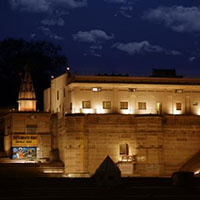
Suryauday Haveli
Varanasi is known for its extensive ghats on the banks of the Ganga, the epitome of Hindu rites and rituals. Suryauday Haveli is situated on these ghats, allowing for a full immersion into the Varanasi experience. Spacious, comfortable, and luxurious, the Haveli is also just a short walk away from the Kashi Vishwanath Temple.
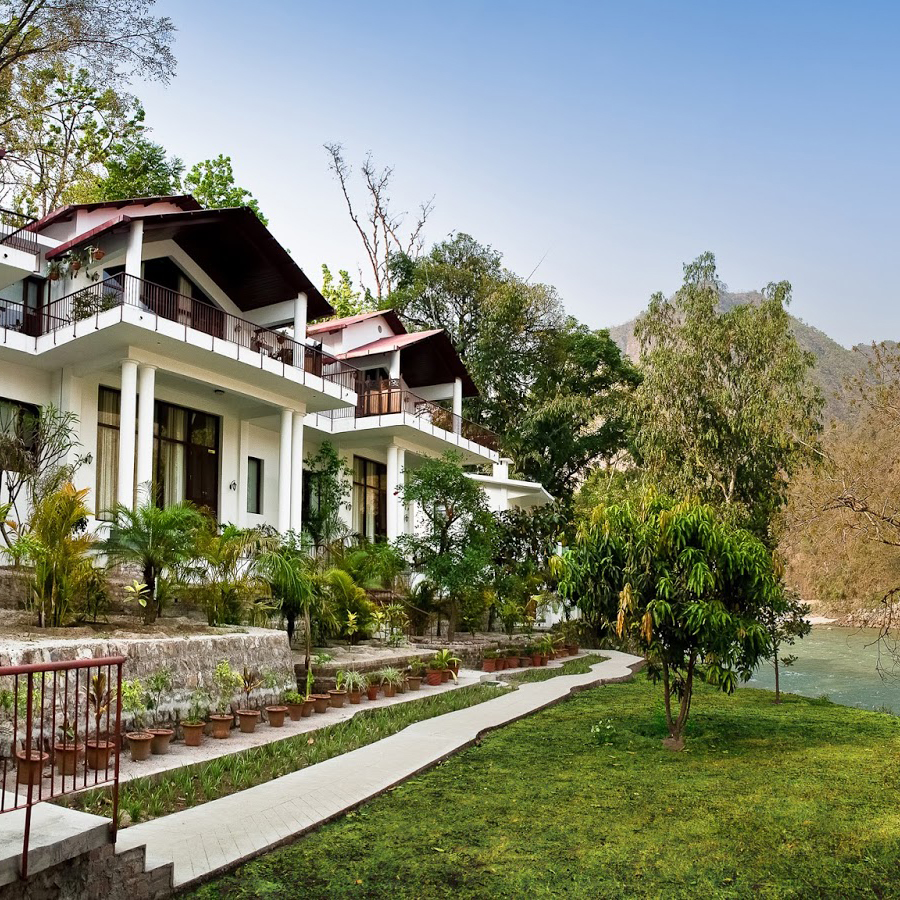
The Glasshouse on the Ganges
The Glasshouse on the Ganges is a cocoon of tranquility in Uttarakhand. Set amidst lychee and mango orchard of the erstwhile royalty, it boasts of a garden of tropical plants, full of rare birds and butterflies and has a sandy beach of its own.
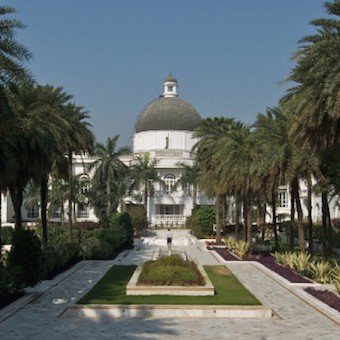
Vivanta by Taj
Located on the picturesque banks of Gomti river, Vivanta by Taj, inspired by the elegant Lucknawi culture, is a luxury stay offering the best of services. With a palatial structure that exudes royalty, it is the best place to experience Lucknow from.
-
EXPERIENCES
Potters' Village
Visit a community of kumars or “potters” along the banks of Hoogly who hand-craft lavish statues of voluptuous goddesses used for the city’s religious festivals.
Relish Awadhi Delicacies
In this culinary walk, visit the traditional eateries and savour the dum biryani (steamed rice with goat meat) prepared in sealed pots on slow fire and kebabs (spiced, finely minced meat) that melt in your mouth, from a range of other delights.
Tour of the Old Cities
Go back in time to visit the architectural triumphs of the Slave dynasty and the Mughals. Explore the ancient alleyways of the bustling bazaars and travel to the political heart of the city.
Witness the Evening Aarti
Immerse yourself in the experience of the Ganga Aarti, a religious ritual performed at the city’s ghats in devotion to the river Ganges. Make adulations to the holy river, as banks are awash with the light of a thousand lamps glowing against the evening sky, heady with the passion of the devotees, arresting the essence of Benares.
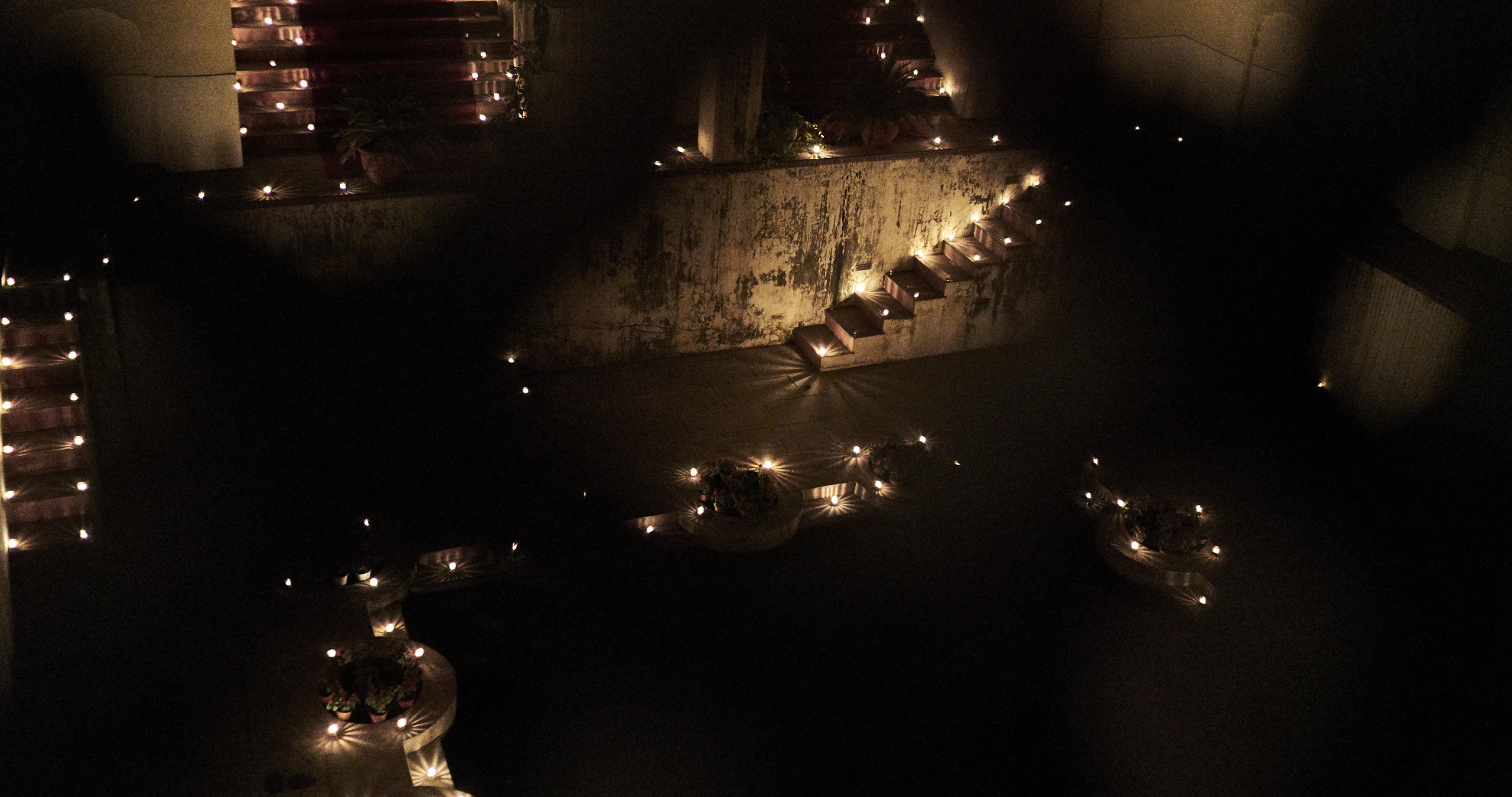
Facets of a Culture
Get a glimpse into the travelling photography workshop we executed with Gentl & Hyers in North India, spanning seven cities...
Behind-The-Scenes • North India
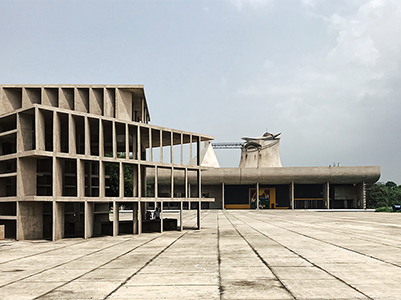
Monuments of Minimalism
This journey across the North and West explores the phenomenon of modern architecture that gripped India during the 20th century...
Bespoke Journey • North India
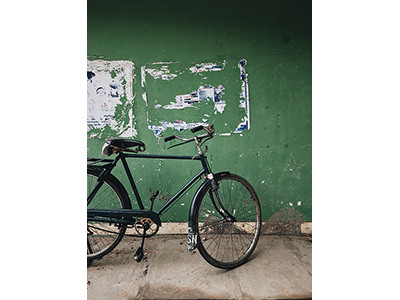
A Spectrum of Hues
At the tail end of the monsoon, a cool blue tint envelopes the landscape of the Indian Peninsula, lush green foliage shiver in the cold winds...
Narrative • South India
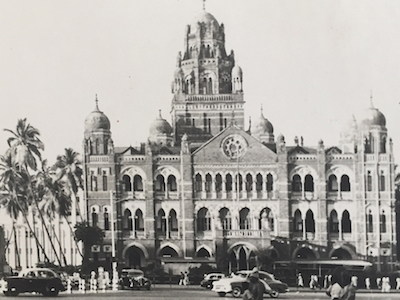
Circa. 1954
But also, they found his travel diary. My grandfather had very precious calligraphy, very 19the century, with all the letters...
Narrative • North India
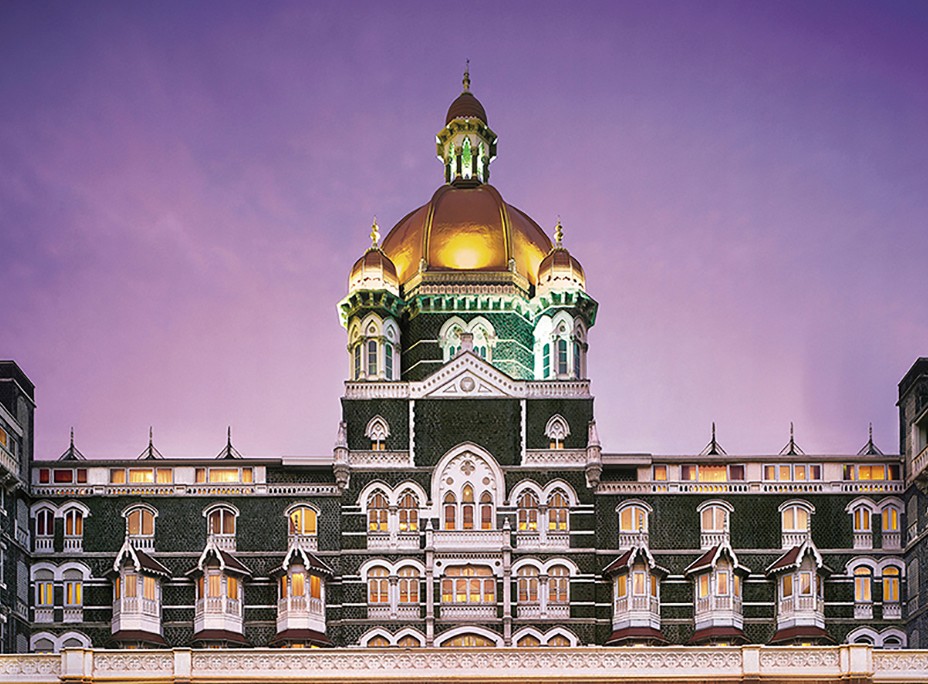
Taj Mahal Palace
Under the glimmering lights of the bustling city of Mumbai lies a timeless structure. As the streets...
Hotel Guide • West India
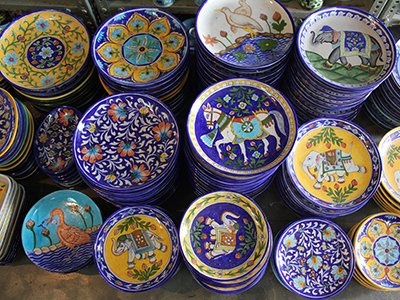
Where Art is Made
This journey explores the many handicraft traditions ranging from pottery to textiles in the states of Rajasthan and Uttar Pradesh...


